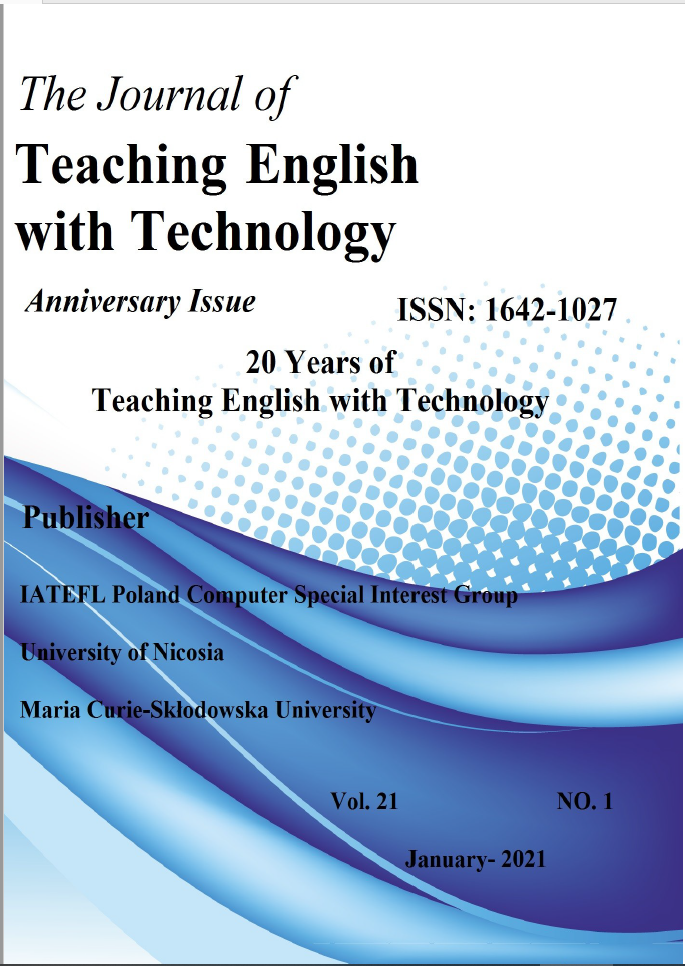DOES DYNED AFFECT STUDENTS’ ATTITUDES AND LANGUAGE SKILLS IN EFL? A CASE STUDY
DOES DYNED AFFECT STUDENTS’ ATTITUDES AND LANGUAGE SKILLS IN EFL? A CASE STUDY
Author(s): Güler Shaikh, Ömer Erdem Koçak, İdris GöksuSubject(s): Foreign languages learning
Published by: IATEFL Poland Computer Special Interest Group and The University of Nicosia
Keywords: CALL; DynEd; EFL; computer-assisted instruction; language skills
Summary/Abstract: Computer-assisted language learning (CALL) is one of the developing approaches that can assist to improve the language skills (reading, writing, listening) of students in English as a foreign language (EFL). CALL has been used to teach EFL learners through language drills or skills practice to stimulate discussion and interaction, or as a tool to improve writing and research. This study aims to point out the effects of DynEd on attitudes and language skills in EFL of middle school students in Turkey. The study contributes to the area of EFL learning and fosters students’ perceptions of EFL. The sample of this study, which utilized an ex-post facto design, recruited 136 middle school students as participants. According to the results, it can be said that, in addition to the conventional teaching environment, the use of DynEd significantly improved both the language skills and attitudes of the students in EFL. However, DynEd did not make any difference in students’ attitudes towards EFL according to grade level and gender. Moreover, students using DynEd have expressed positive views about DynEd.
Journal: Teaching English with Technology
- Issue Year: 21/2021
- Issue No: 1
- Page Range: 72-90
- Page Count: 19
- Language: English

